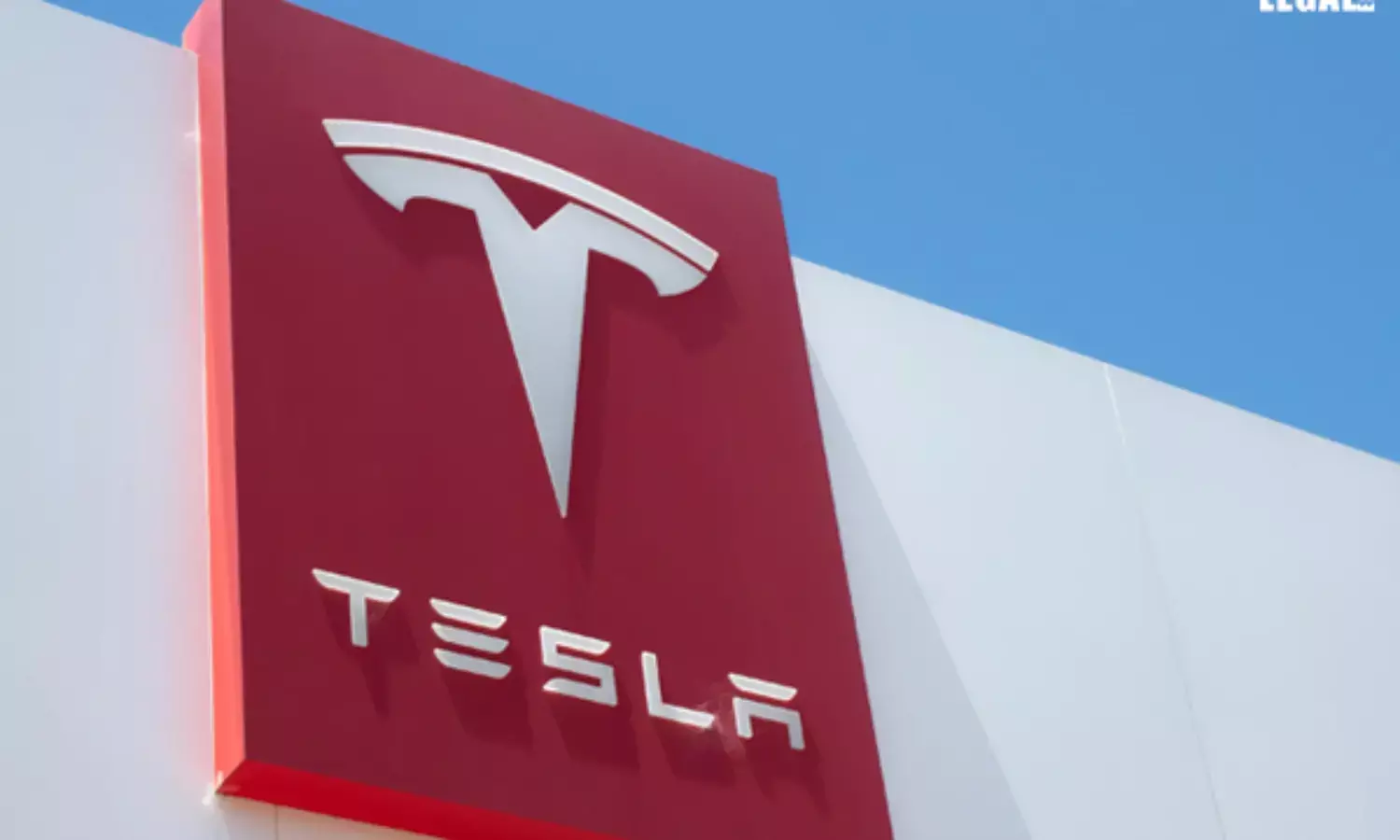Tesla Inc. & Tesla Power India Fail To Resolve Trademark Dispute, Seek Court Hearing
Tesla Power defended itself saying that it does not manufacture electric vehicles and operates mainly in the lead-acid;

Tesla Inc. & Tesla Power India Fail To Resolve Trademark Dispute, Seek Court Hearing
Tesla Power defended itself saying that it does not manufacture electric vehicles and operates mainly in the lead-acid battery sector, supplying batteries for inverter, automotive and UPS applications.
The ongoing trademark dispute between Elon Musk’s Tesla Inc. and Gurugram-based Tesla Power India Pvt Ltd has reached a deadlock. On Wednesday, both companies informed a Delhi Court that their attempts at mediation had failed. They have now requested an urgent hearing with the matter to be heard on April 15 by a single bench led by Justice Saurabh Banerjee.
In May 2024, Tesla Inc. filed its first lawsuit in India, accusing Tesla Power India Pvt Ltd of trademark infringement and misleading consumers into believing that the latter was linked to Tesla Inc.’s electric vehicle (EV) brand. Such confusion could damage its reputation, Tesla Inc. contended, especially as it sought to establish its presence in the Indian market. Following the lawsuit, Tesla Power India Pvt Ltd was prohibited from promoting and selling its products under the Tesla brand name by the court.
In keeping with the Court’s May 2 order, Tesla Power India Pvt Ltd informed the court on May 30 that it had directed its partners and vendors to remove the ‘Tesla’ branding from electric scooters manufactured by e-Ashwa, with which it had a marketing partnership. Accordingly, the case was referred to mediation on June 4 after both companies agreed to deal with their differences.
It had no intention of manufacturing or marketing electric scooters under the Tesla brand, Tesla Power clarified. But it admitted that 699 e-Ashwa scooters carrying the Tesla logo had already been sold through its dealers and Partners. The court responded by directing Tesla Power to take additional measures to ensure full compliance with its order and avoid any association with the Tesla trademark in the electric vehicle sector.
Notwithstanding, Tesla Inc. recently claimed that Tesla Power continued to sell e-scooters featuring the Tesla logo, thereby breaching the court’s order. Tesla Power misrepresented itself as an EV company in the media and used a similar trademark, resulting in confusion among consumers, the US-based automaker argued. Many consumers unintentionally bought Tesla Power batteries, wrongly assuming that they were associated to the American company.
Tesla Power defended itself saying that it does not manufacture electric vehicles and operates mainly in the lead-acid battery sector, supplying batteries for inverter, automotive and UPS applications. Tesla Power affirmed that it had no plans to manufacture or sell EVs under its own brand. It further maintained that any advertisements using the Tesla name were part of a marketing arrangement with e-Ashwa.
As mediation has failed, the legal battle between the two companies will resume in court with Justice Banerjee’s bench set to determine the next course of action on April 15.


